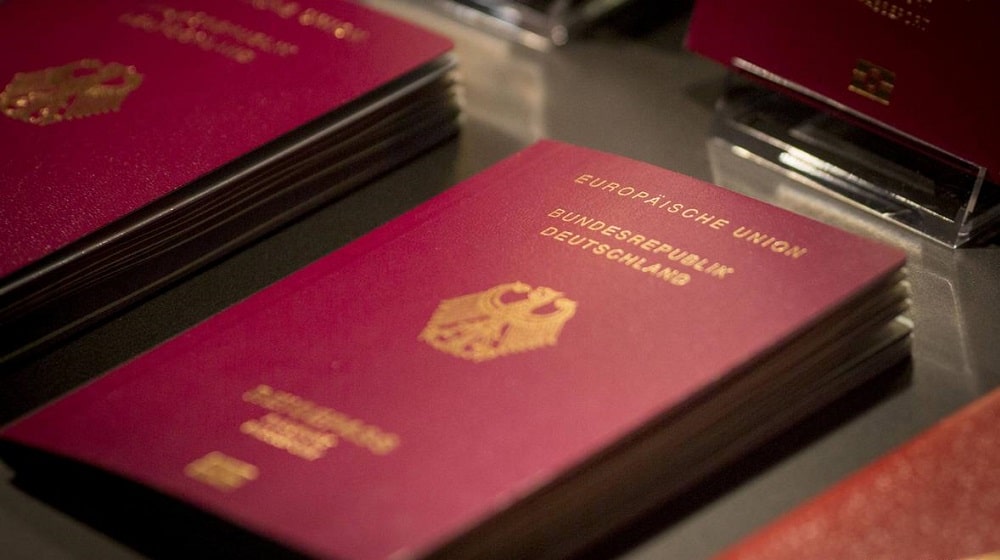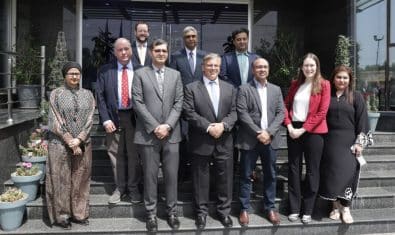Germany’s Chancellor, Olaf Scholz, and the leaders of the 16 states have agreed on a plan to deal with the growing migration challenge in the country.
Germany saw a sharp rise in asylum applications in the first four months of 2023, with 101,981 people seeking refuge, which is 78 percent more than the same period in 2022.
The previous year, Germany had the highest number of asylum seekers since 2015-16, with 218,000 people applying. Most of them came from countries affected by war, such as Syria, Afghanistan, Turkey, and Iraq. In addition, more than a million people fled from Ukraine after Russia invaded.
The plan includes updating IT systems to speed up the processing of asylum applications, which now take an average of 26 months. This improvement aims to make it easier to deport those who are not granted asylum. Moreover, the maximum detention time for migrants will be increased from 10 to 28 days, making it more feasible to detain and deport them.
Germany also intends to create ‘new migrant partnerships’ with the countries where most migrants come from. Scholz mentioned this idea during a press conference, saying that it would allow qualified workers from these countries to come to Germany in exchange for agreements to take back irregular migrants.
While Germany did not introduce permanent border checks with neighboring countries, it did not rule out the possibility. Currently, Germany only has fixed controls on its border with Austria. Scholz said that similar actions could be taken for other neighboring countries, depending on the situation. Germany borders Belgium, the Czech Republic, Denmark, France, Luxembourg, the Netherlands, Poland, and Switzerland.
Border checks within the Schengen Area, which allows free movement within the European Union, are only allowed in exceptional cases.
Furthermore, the government pledged to give an extra one billion euros ($1.1 billion) to the states and set up a working group to look for long-term solutions. Regional leaders have been asking for more help and funding to cope with the influx of migrants, with many having to build temporary shelters.
Scholz stressed that ‘controlling and limiting irregular migration’ is a key priority for Germany.






















